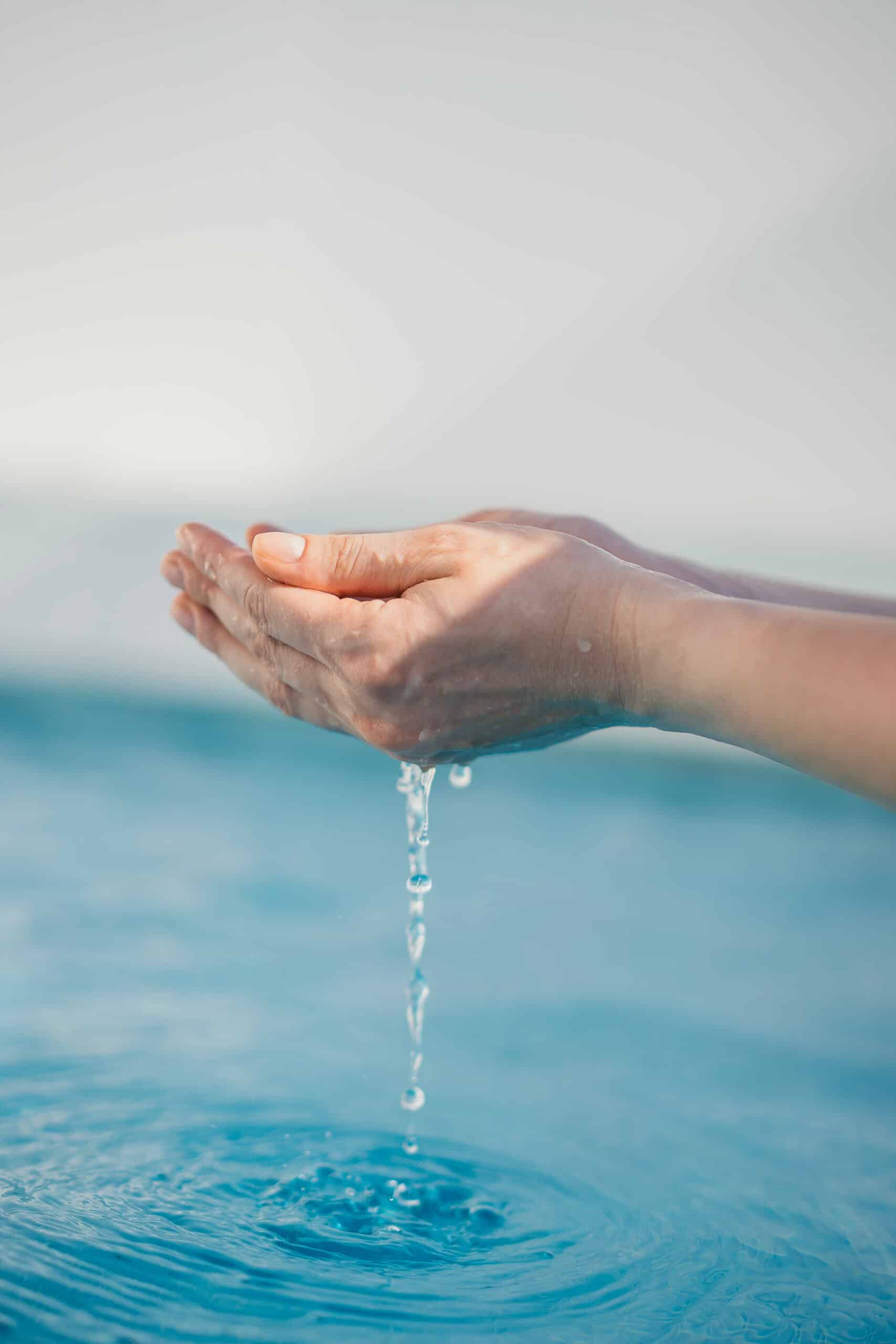The festive season comes with great excitement of a long-awaited holiday and spending time with family and friends; however, with this excitement comes with the fear of the almost inevitable, looming water shortages during the holiday season. We have over the years observed a disturbing trend, where many festive season plans are hampered, due to the ongoing water crisis in South Africa. The acute water shortage in SA is ballooning despite billions of Rands budgeted for water projects by the national government.
We support communities that desperately need clean water and to protect them from waterborne diseases, preventable blindness and COVID-19 infections. The scarcity of potable water is affecting the day-to-day activities of many citizens and businesses across the country and exposing them to various health and economic hazards.
Studies have predicted that by the year 2050 the rainfall in Sub-Saharan Africa could drop by 10%, which will cause a major water poverty. A 10% decrease in precipitation would reduce drainage by 17% and the regions which are receiving 500–600 mm/year rainfall will experience a reduction by 50–30% respectively in the surface drainage.
A lack of water can pose a major obstacle to economic prosperity with many sectors relying on the finite resource to main the sustainability of an operation. The most obvious examples of the effects of water scarcity, show directly in the agricultural industry and mining sectors, whom both struggle with the mitigation of issues arising from continued drought conditions, while the tourism industry is also set to encounter difficulties.
Many South Africans living in rural areas, have resorted to using water from boreholes – indiscriminately used without purification or water quality testing. Women and children are the most affected — children because they’re more vulnerable to diseases caused by dirty water and women and girls because they often bear the burden of carrying water for their families for an estimated 200 million hours each day.
How does MEB make a difference?
- Increase skills transfer
- Implementation of new water technology.
- Investing in innovative technologies.
- Make agricultural irrigation more efficient.
- Improve and upgrade water infrastructure.
- Reduce water pollution.
- Encourage water conservation.
Get water-ready for December and avoid being “left out in the dry” – email us or simply call.

